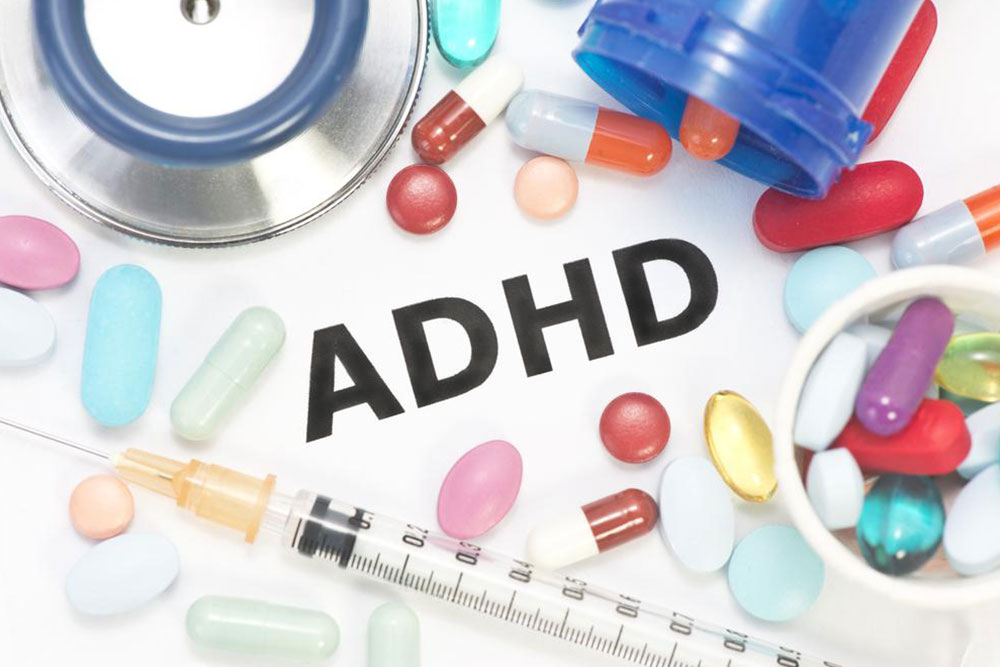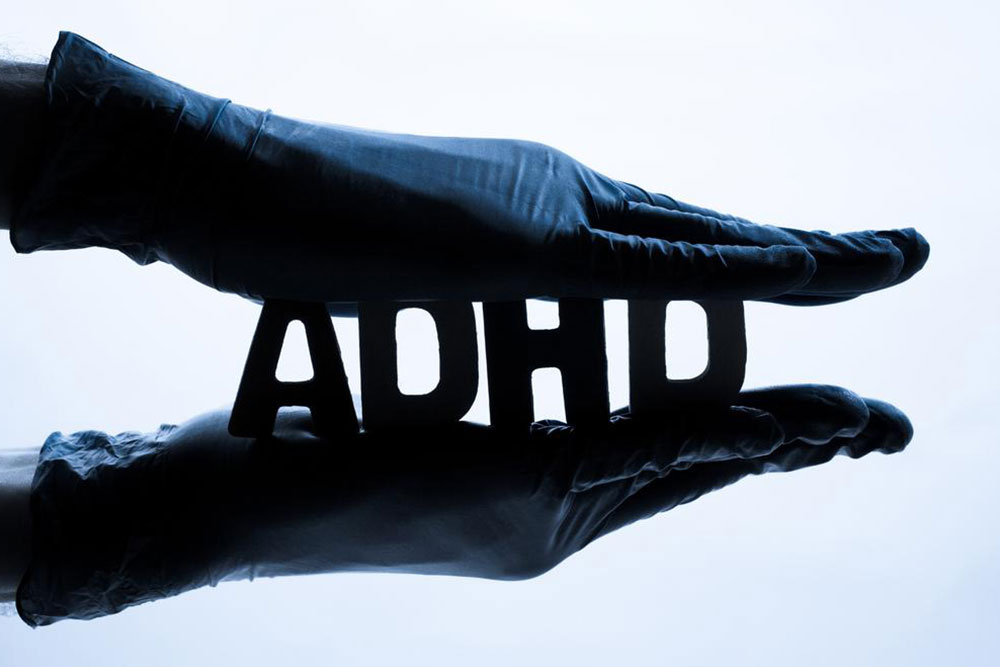Adult ADHD: Recognizing Symptoms and Treatment Options
Understanding adult ADHD involves recognizing its varied symptoms and exploring effective treatments. This article covers key signs such as focus issues, memory problems, and social behaviors. Treatment options like medication, therapy, and coaching are discussed, aiming to improve daily life quality. The importance of professional guidance is emphasized, offering valuable insights for adults experiencing ADHD symptoms. Awareness and support can significantly enhance both personal and professional well-being for affected individuals.

Adult Attention Deficit Hyperactivity Disorder: Symptoms and Management
Many adults struggle with maintaining focus, but for some, this difficulty is severe and persistent, indicating potential ADHD. Contrary to common perception, ADHD can impact individuals well into adulthood, especially if undiagnosed during childhood. Statistics show that approximately 60% of children with ADHD continue experiencing symptoms as adults.
Common signs of ADHD in adults include:
Challenges in following instructions
Difficulty sustaining attention on tasks
Memory issues
Problems with organizing activities
Struggling to complete tasks on time
This combination of traits can lead to personal and professional difficulties. Adults with ADHD often face increased risks of anxiety, depression, mood swings, low confidence, and substance use. Medication is often essential for managing adult ADHD.
It's important to recognize that symptoms vary among adults. Some may only find focus difficult on uninteresting tasks, while others might struggle across all activities.
Social behaviors among adults with ADHD also differ; some are outgoing and relational, whereas others are withdrawn. Currently, there is no cure, but treatments aim to improve daily functioning. Approaches include medications—preferably non-stimulant options due to addiction risks—therapy, and education for patients and families. Treatment methods include:
Cognitive Therapy: Enhances self-esteem and helps identify behavioral triggers.
Stress Management: Identifies stress sources and develops coping strategies, reducing anxiety and depression.
Mentoring: Teaches skills for healthy relationships and workplace performance.
Life Coaching: Assists in goal setting, life organization, and exploring hobbies to increase focus.










